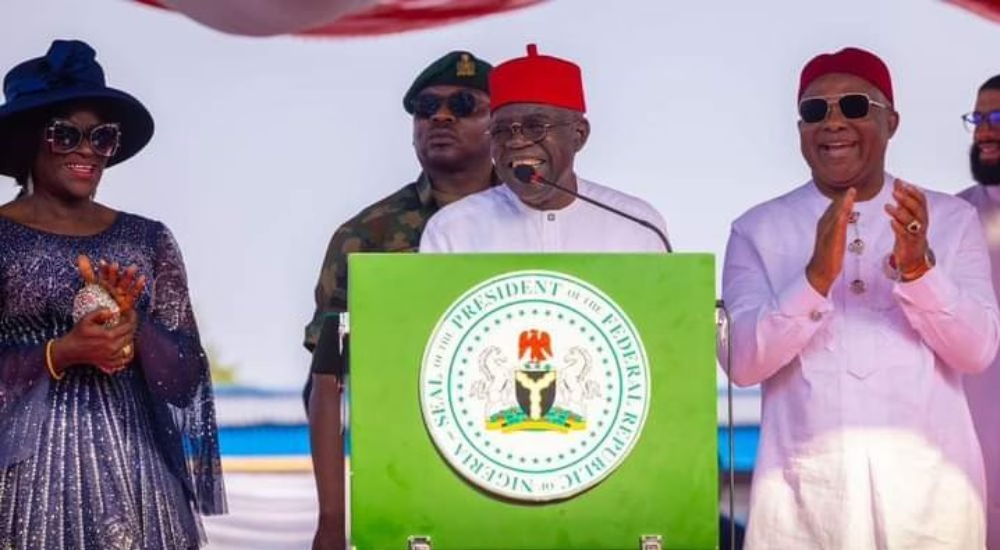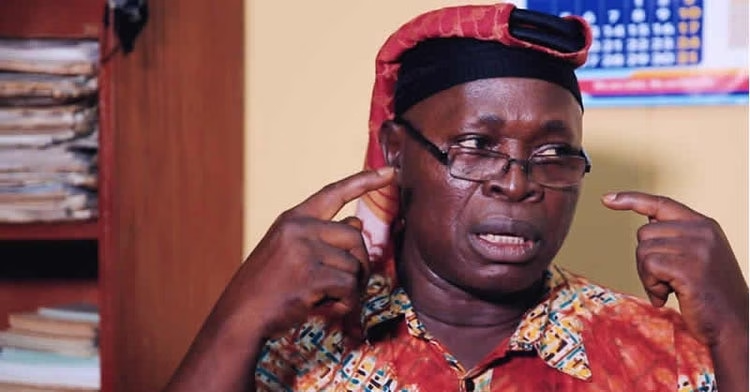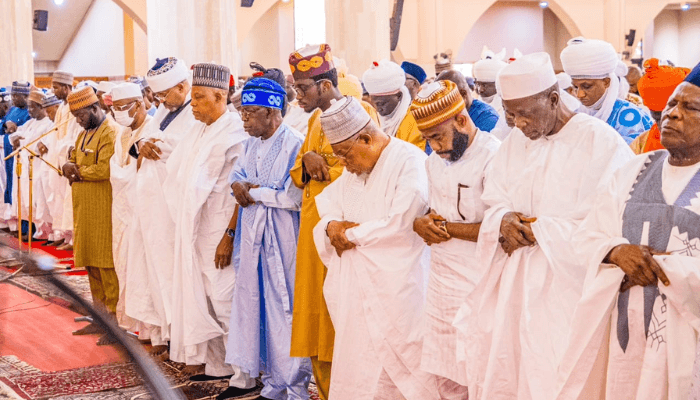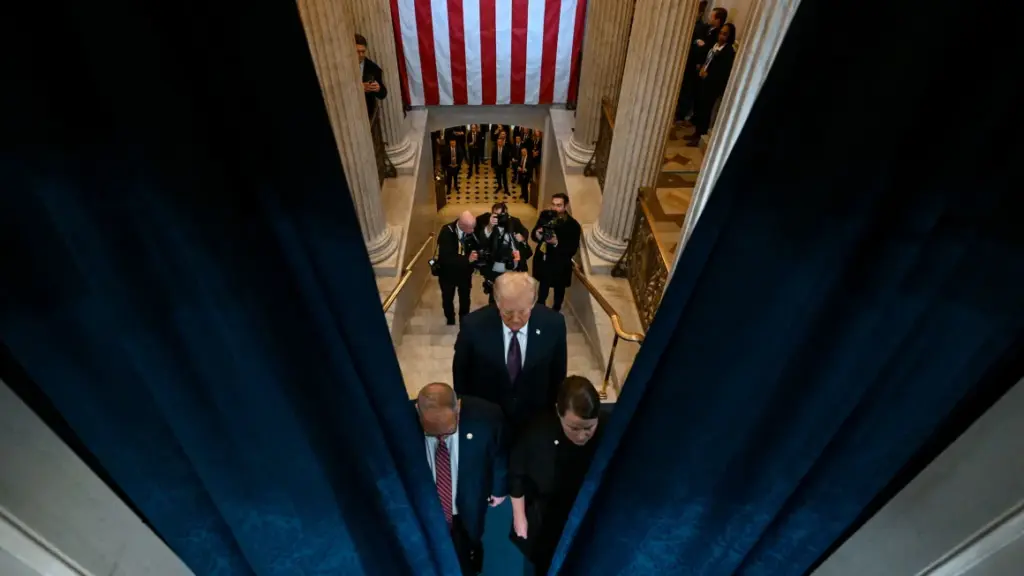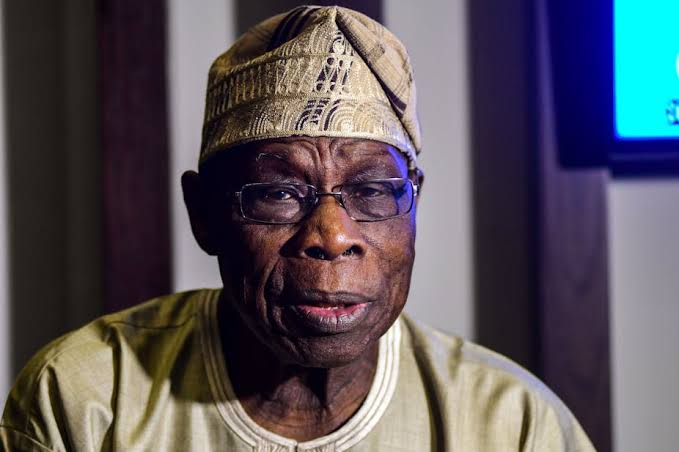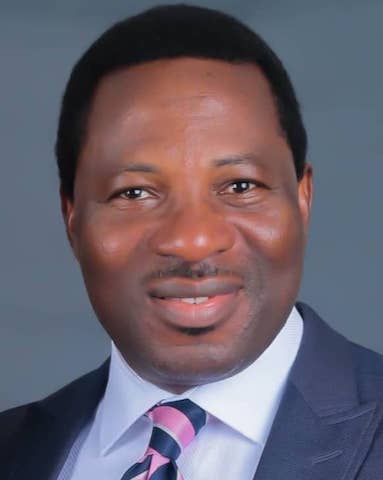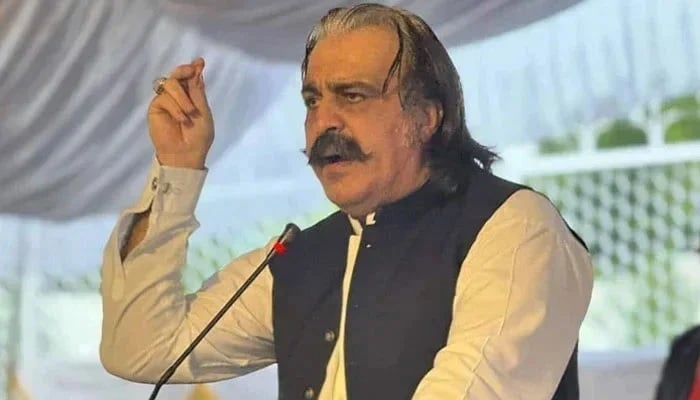‘Extraordinary highs and lows’: Former Labor leader Bill Shorten to retire from politics
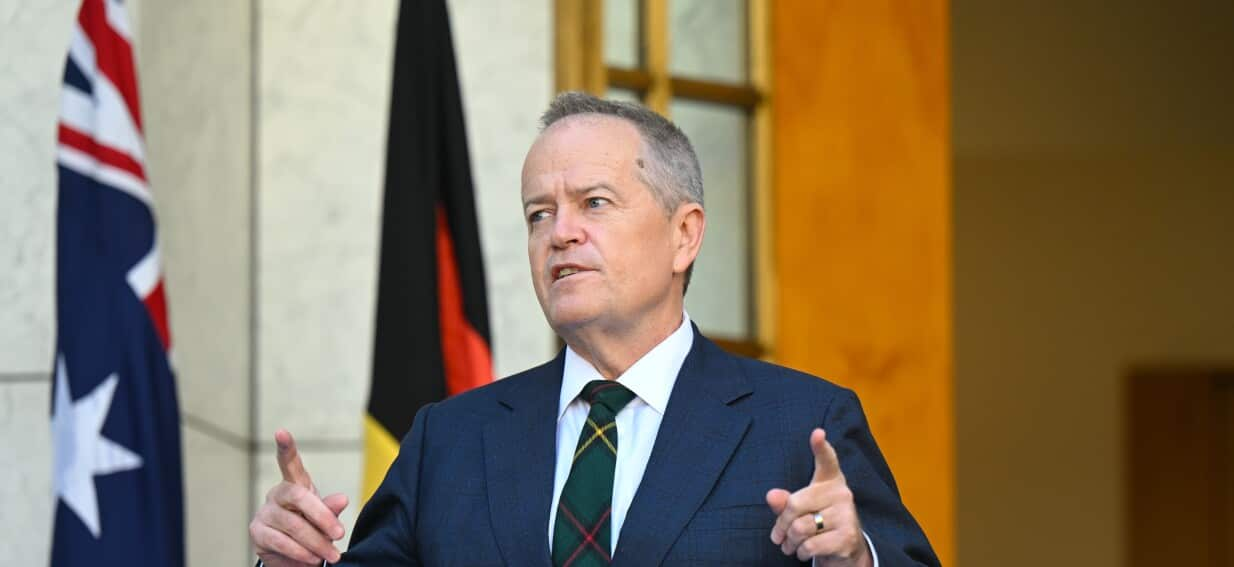
Politics tamfitronics
KEY POINTS
- NDIS and Government Services Minister Bill Shorten has announced he will retire from politics by early next year.
- He has held the seat of Maribyrnong in Melbourne since 2007 and led the Labor Party for six years.
- He will take on the position of vice-chancellor of the University of Canberra in February.
NDIS and Government Services Minister Bill Shorten has announced he will retire from politics by early next year.
Shorten has held the seat of Maribyrnong, in the inner west of Melbourne, since 2007.
He led the Labor Party for six years, stepping down after the 2019 election loss against then-Liberal leader Scott Morrison.
Shorten revealed he will not seek a seventh term in Parliament at a press conference with the prime minister in Canberra, after a career of “extraordinary highs” and “let’s face it, some extraordinary lows”.
Since being elected in 2007, Shorten said has been determined to “always stand up for the underdog” and people “that don’t start out with the same set of advantages”.
Known as the architect of the National Disability Insurance Scheme (NDIS), Shorten played a key role in creating the legislation under the Gillard government and has returned to the portfolio in this term of government.
“I don’t worry about what hasn’t been, I think I am really lucky. I have had the chance to help create, defend and improve the NDIS. I have had the very privileged position to lead Labor. I have had the chance to help the victims of robodebt,” he told reporters on Thursday morning.
“Every day in this job — and I’m sure every member of Parliament agrees — is a privileged day and as I said earlier, despite the ups and downs, there is not a single day I would hand back in the 17 years.”

Bill Shorten (left) and Prime Minister Anthony Albanese at Thursday’s announcement. Albanese took leadership of the Labor Party in 2019 after Shorten lost that year’s election. Source: AAP / Lucas Koch
Prime Minister Anthony Albanese praised Shorten on his work in achieving “best possible outcome for people with disability”, confirming he will stay in cabinet until February.
“He united the party, he re-energised the caucus, he saw off two prime ministers, and he rebuilt Labor into a strong opposition and a genuine alternative government,” Albanese said.
“Through his years as leader, no one worked harder than Bill. No one brought more energy, enthusiasm, ideas and ambition to advocating for the need for a Labor government.”
From unions to almost two decades in politics
Before entering politics, Shorten was a key union figure, having been elected as the Australian Workers’ Union’s Victorian state secretary and later national secretary.
“Over 30 years ago, when I joined the Australian Workers Union, I was driven by the belief that everyone, regardless of circumstance, deserves an equal opportunity,” he said in Canberra on Thursday morning.
He became an ALP candidate after rising to prominence in 2006, advocating for miners and their families after a worker was killed in the Beaconsfield mine disaster in Tasmania.
The prime ministerial hopeful held ministerial roles in the Kevin Rudd and Julia Gillard governments, before winning the role of Opposition leader.
During his time in politics, he has held a variety of portfolios:
“I’ve had the privilege to serve in portfolios that I care about. The bushfire reconstruction, industrial relations, superannuation … now the Minister for the National Disability Insurance Scheme,” Shorten said.
“I had the very amazing privilege of serving as of our party and the movement which has been such an irreplaceable part of my life.”
Bill Shorten reveals career move
The former education minister revealed he will take on the position of vice-chancellor of the University of Canberra in February when the academic year begins.
“Education is the modern means of taking someone from disadvantage to advantage in a way that no other method can,” he said.
Discover more from Tamfis Nigeria Lmited
Subscribe to get the latest posts sent to your email.



 Hot Deals
Hot Deals Shopfinish
Shopfinish Shop
Shop Appliances
Appliances Babies & Kids
Babies & Kids Best Selling
Best Selling Books
Books Consumer Electronics
Consumer Electronics Furniture
Furniture Home & Kitchen
Home & Kitchen Jewelry
Jewelry Luxury & Beauty
Luxury & Beauty Shoes
Shoes Training & Certifications
Training & Certifications Wears & Clothings
Wears & Clothings





